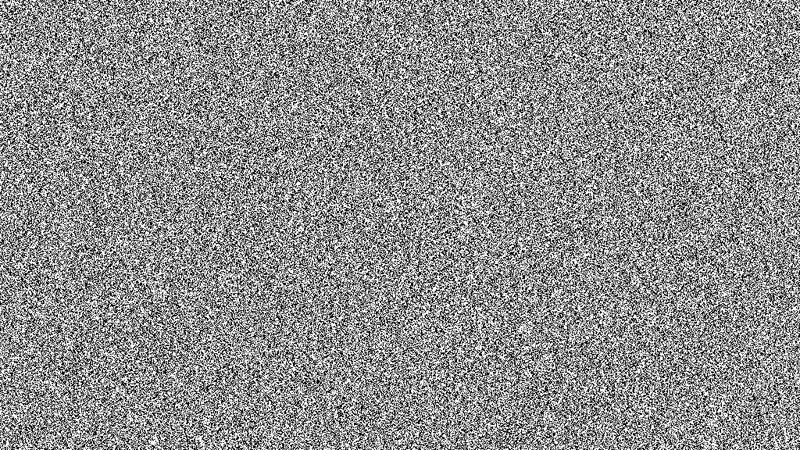19
05/08
21:05
Neuromancer (W. Gibson)
What a daring and challenging novel!. It is one of my SF favourite books, I read it years after playing Shadowrun and watching The Matrix and Ghost in the shell, and anyhow still caused a strong impression on me.
I was aware of the term Cyberpunk through other stories, but never went direct to the source. Though that term appeared slightly for first time in Burning Chrome, it was in Neuromancer were Gibson gave birth to a new topic in SF literature.
As excerpt, I would like to share just its beginning, it is in my opinion one of the most hallucinating sentences I ever read in SF, coming from a TV culture and 8-bit video games consoles:
“The sky above the port was the color of television, tuned to a dead channel.”
Neuromancer was the first novel to win the three most important prizes in SF – Hugo in 1985 , Nebula in 1984 and Philip K. Dick awards in 1984- It just burst into the field opening new narratives and styles. Neuromancer has a techno-poetic prose not easy to read and to follow, fragmented and plenty of not finished sentences that remember the tv-zapping or surfing in a global see of information; most likely one of the most influential SF novel during the last times, that has encouraged several discussions about our relation with technology.
Here it can be read in an on-line version.
Here an interesting analysis I recomend.
Finally: a movie based on Neuromacer is coming soon.



